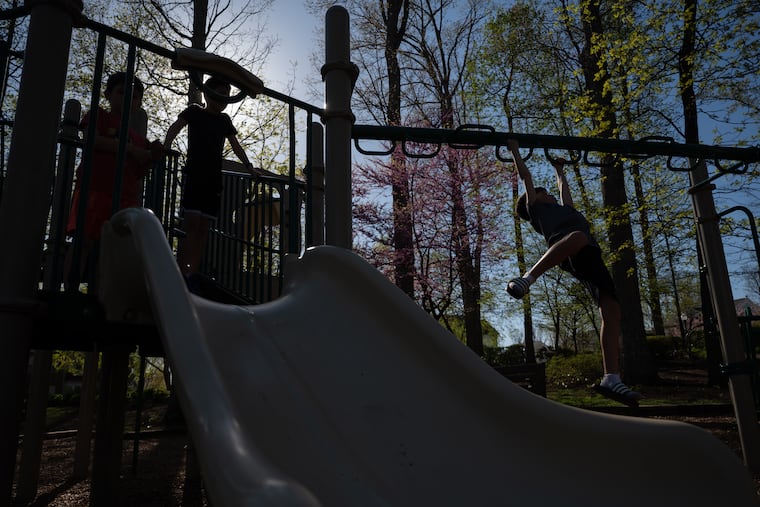Key Issues in US Supreme Court Case on Birthright Citizenship

On a pivotal day for American jurisprudence, the U.S. Supreme Court is set to confront a significant constitutional issue that has sparked widespread debate: the status of birthright citizenship. This issue emerged prominently following an executive order by President Donald Trump, issued at the onset of his second term, which aimed to alter long-standing policies related to birthright citizenship, a practice embedded in the nation’s legal framework for over a century.
The directive was met with immediate legal challenges, as federal judges in Washington state and elsewhere subsequently issued injunctions to halt its implementation, arguing the order may infringe upon fundamental rights. The Supreme Court’s conservative-majority justices will hear oral arguments on this contentious matter, poised to make a decision that could fundamentally reshape the interpretation of the 14th Amendment within the Constitution.
Advocates for preserving birthright citizenship emphasize its integral role in the nation’s identity, citing the 14th Amendment, ratified in 1868, which guarantees citizenship to “all persons born or naturalized in the United States.” This legal interpretation was reinforced by the landmark Supreme Court decision in United States v. Wong Kim Ark, which established a crucial precedent that is still cited in discussions around immigration and citizenship today.
Critics of the current birthright policy, however, argue that it inadvertently encourages undocumented immigration. The Trump administration’s perspective asserts that children of non-citizens should not be afforded citizenship rights as they are not fully ‘subject to the jurisdiction’ of the United States at the time of their birth—a viewpoint that invites further scrutiny and deliberation.
Legal analysts are keenly anticipating the Supreme Court’s hearing, which could be transformative. The Court’s focus may not only divert to the constitutional merits of birthright citizenship but also examine the limits of lower court powers, as some justices might address whether jurisdictional injunctions should apply nationwide.
The implications of the Court’s ruling are far-reaching. A decision limiting the scope of birthright citizenship could potentially contravene rights in various states, leading to a scenario where citizenship status is effectively determined by geographical location. This complicated web of legal interpretations underscores the necessity for a cohesive understanding of citizenship rights in contemporary America.
In light of these proceedings, advocates from diverse backgrounds are engaging in a broader discourse about identity, belonging, and the principles upon which the nation was built. As deliberations unfold, their outcomes will undoubtedly resonate across communities, further shaping the fabric of American society and its commitment to equality and rights for all individuals.
#PoliticsNews #CultureNews






